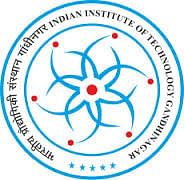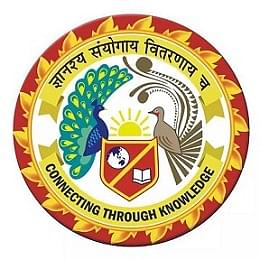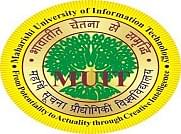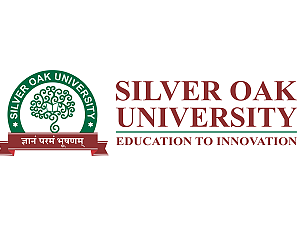Introduction to LLM in Environmental Law
The LLM in Environmental Law is a specialized postgraduate program designed to provide comprehensive knowledge and expertise in the field of environmental law and policy. This program is ideal for law graduates, practicing lawyers, and professionals who are interested in addressing environmental challenges through legal frameworks. The program covers a wide range of topics, including international environmental law, climate change law, natural resources law, and environmental justice, preparing graduates for careers in legal practice, policy-making, academia, and environmental advocacy .
Admission Process to LLM in Environmental Law
Academic
Qualifications: A first degree in law (LLB or equivalent). Some
programs may accept graduates from other disciplines if they demonstrate
relevant experience or interest in environmental law.
Minimum
Grade: Typically, a minimum of a second-class upper division (2:1) or
equivalent in the undergraduate law degree.
Professional
Experience: While not always mandatory, relevant work experience in the legal or
environmental field can be an advantage.
Language
Proficiency: Non-native English speakers may need to provide proof of English
proficiency through tests such as IELTS or TOEFL.
Application
Process:
Online
Application: Complete the application form on the institution's website.
Application
Fee: Pay the required application fee, if any.
Supporting
Documents:
Academic transcripts and certificates.
Proof of identity (passport, ID card).
Resume/CV.
Statement of Purpose (SOP) or personal statement detailing career goals
and reasons for pursuing the program at best affordable college in Manipur.
Letters of recommendation (usually two or three).
English language test scores (if applicable).
Entrance
Exams:
Some institutions may require an entrance examination or may consider
LSAT scores for admission.
Interview:
Shortlisted candidates may be invited for an interview (in-person or
online) as part of the selection process.
Final
Selection:
Admission decisions are based on academic qualifications, entrance exam
scores (if applicable), interview performance, work experience, and overall
application strength.
Syllabus to LLM in Environmental Law
The LLM in Environmental Law typically spans one to two years and
includes a mix of core and elective courses, along with a dissertation or
research project. Here is a sample syllabus structure:
Core Courses
Introduction
to Environmental Law:
Fundamentals of environmental law.
Historical development and sources of environmental law.
Key principles and concepts in environmental law at top college in Assam.
International
Environmental Law:
International treaties and agreements.
Role of international organizations in environmental protection.
Case studies on global environmental issues.
Climate
Change Law:
Legal responses to climate change.
National and international climate policies.
Emissions trading systems and carbon markets.
Natural
Resources Law:
Legal frameworks for the management and conservation of natural
resources.
Land use, water law, and forestry law.
Energy law and sustainable development.
Environmental
Justice:
The concept of environmental justice and its legal implications.
Environmental justice movements and case studies.
Legal strategies for achieving environmental justice.
Elective Courses
Biodiversity
and Conservation Law:
Legal mechanisms for the protection of biodiversity.
Conservation strategies and protected areas.
Wildlife law and endangered species protection.
Environmental
Impact Assessment:
Principles and procedures of environmental impact assessment (EIA).
Legal requirements for EIA.
Case studies of EIA in practice.
Pollution
Control and Waste Management:
Legal frameworks for pollution control.
Waste management laws and policies.
Strategies for reducing and managing pollution and waste.
Environmental
Litigation and Advocacy:
Techniques and strategies for environmental litigation.
Role of non-governmental organizations (NGOs) in environmental advocacy.
Case studies of landmark environmental litigation.
Dissertation/Research Project
Research
Methods and Legal Writing:
Training in legal research methodologies.
Advanced legal writing and citation techniques.
Dissertation:
Independent research on a topic related to environmental law.
Supervision by a faculty member with expertise in the chosen area.
Presentation and defense of the research findings at top university in Assam.












